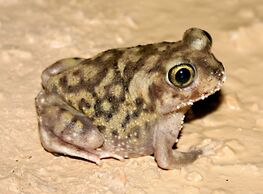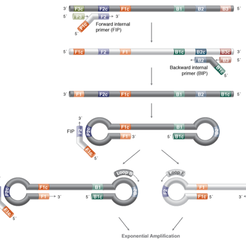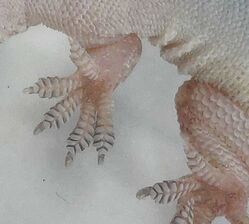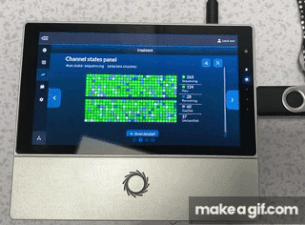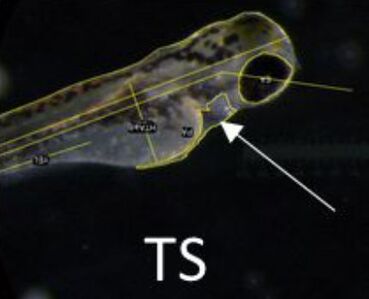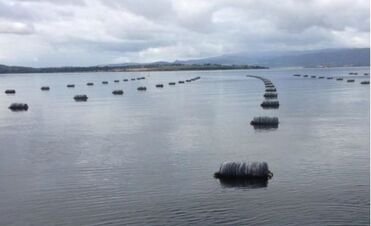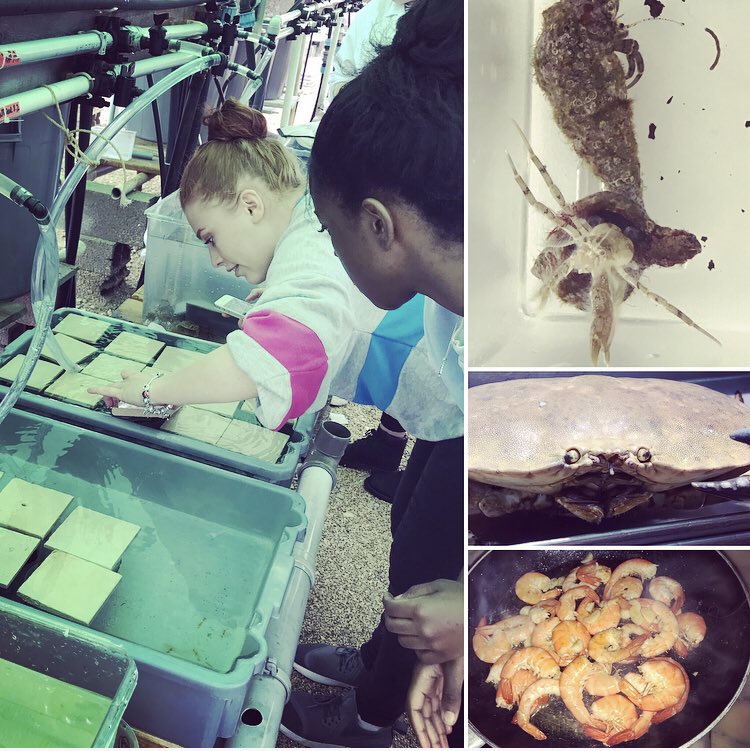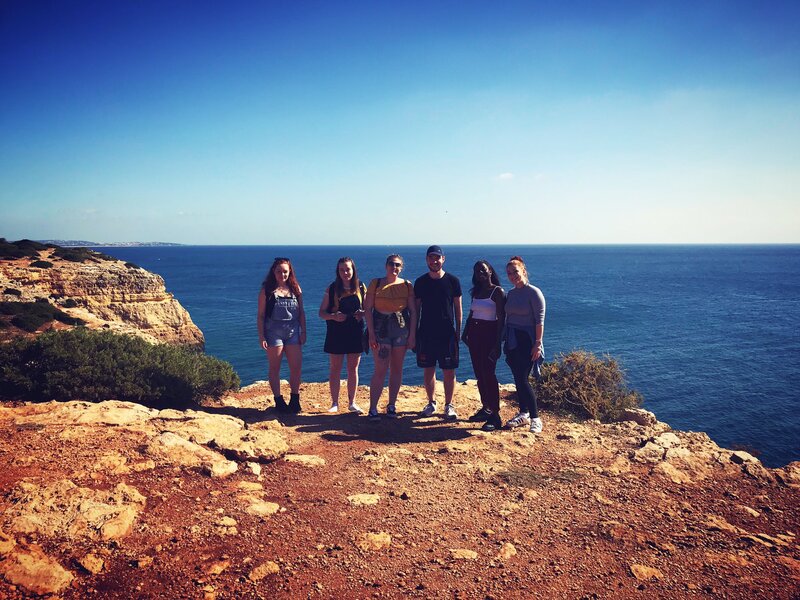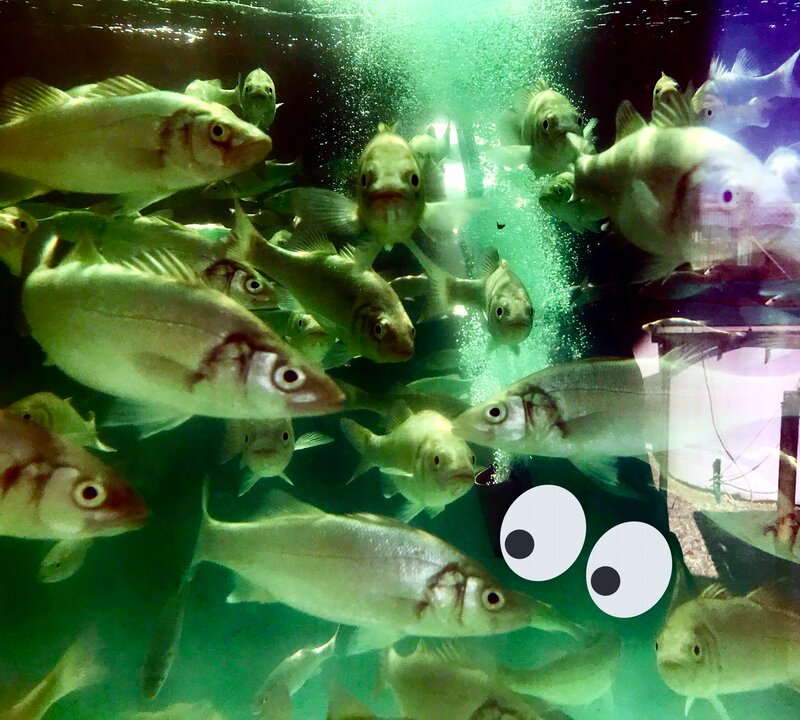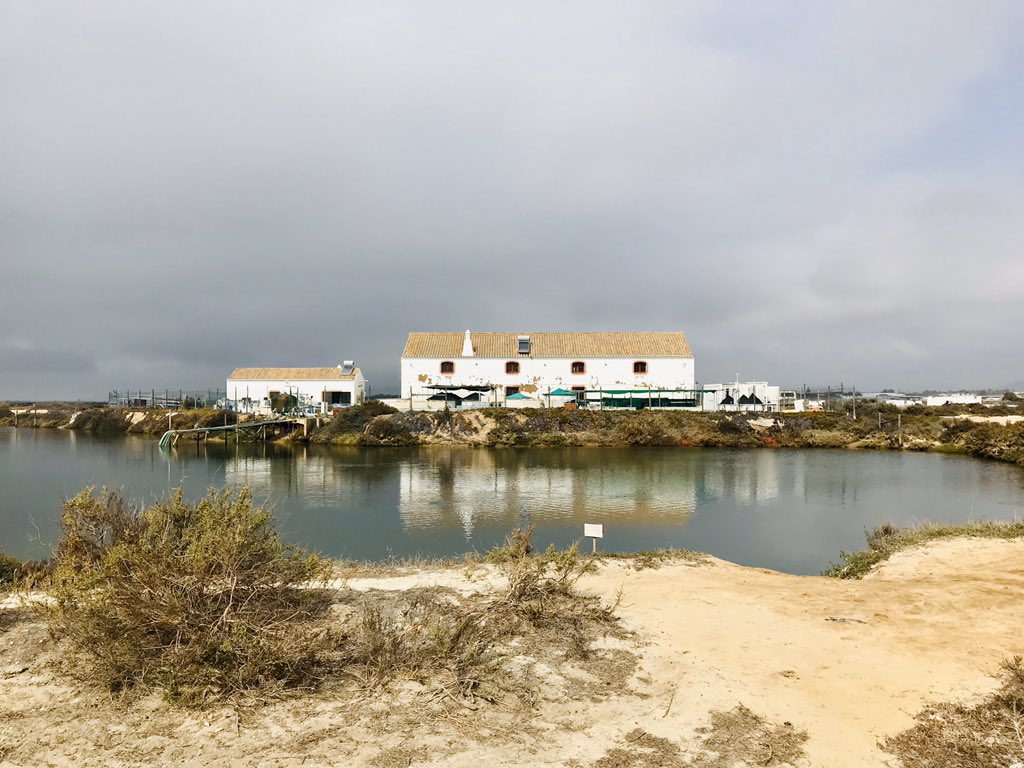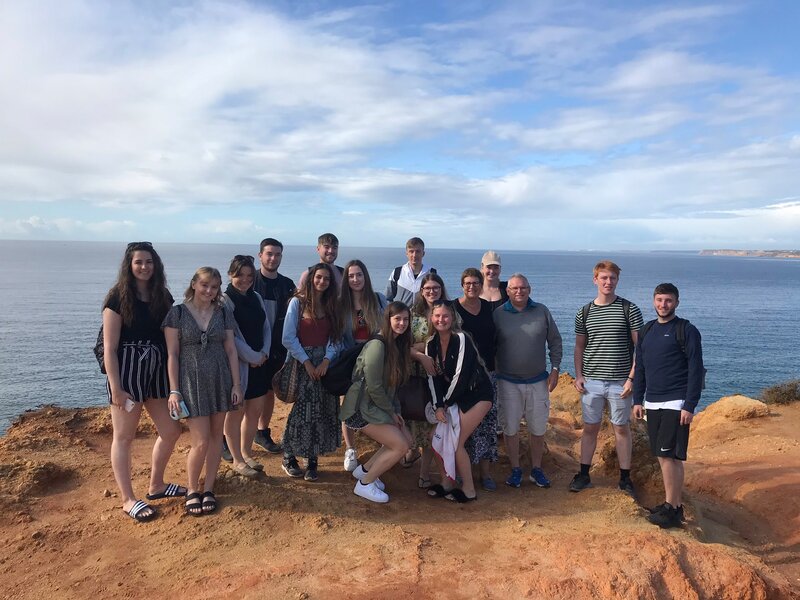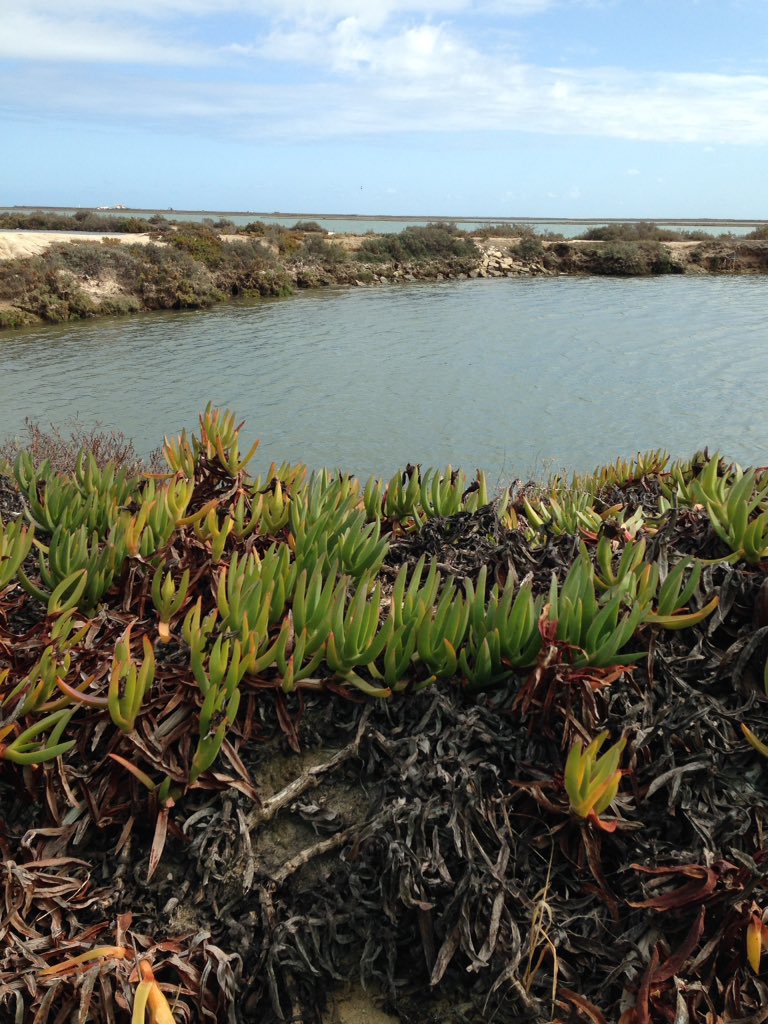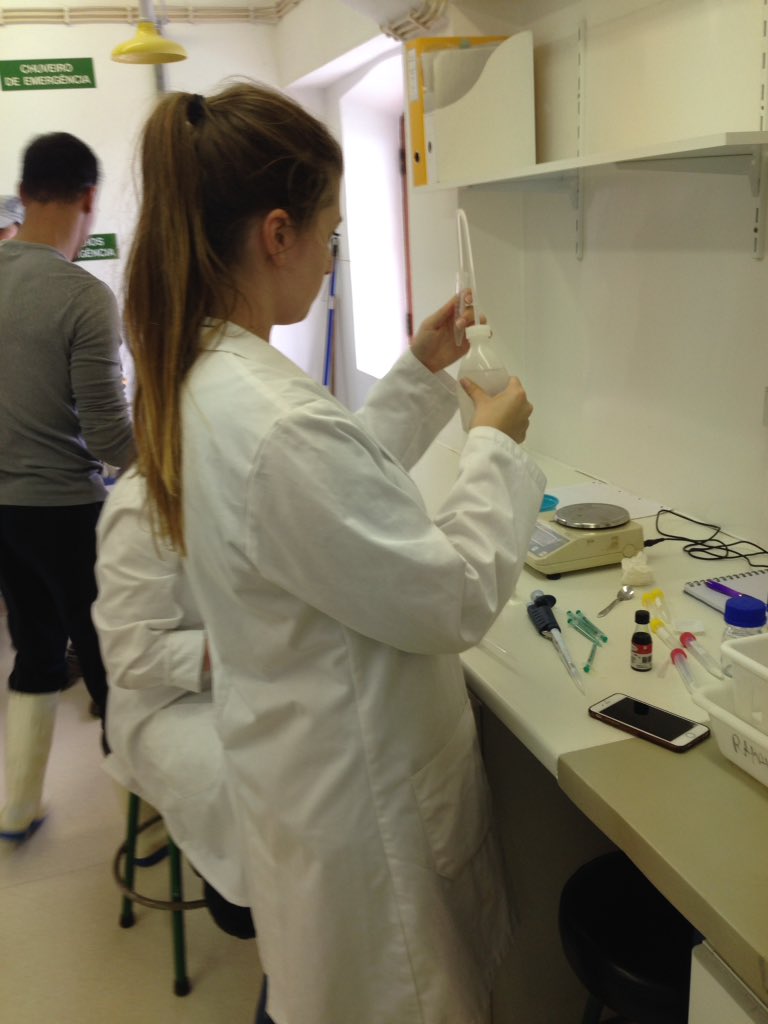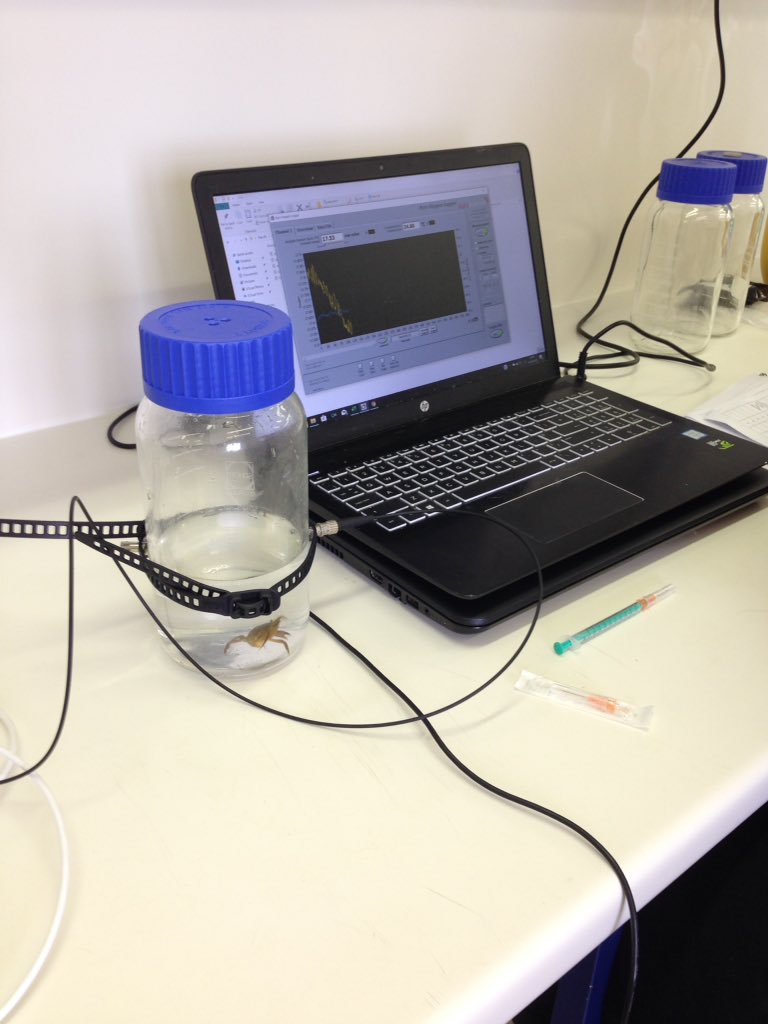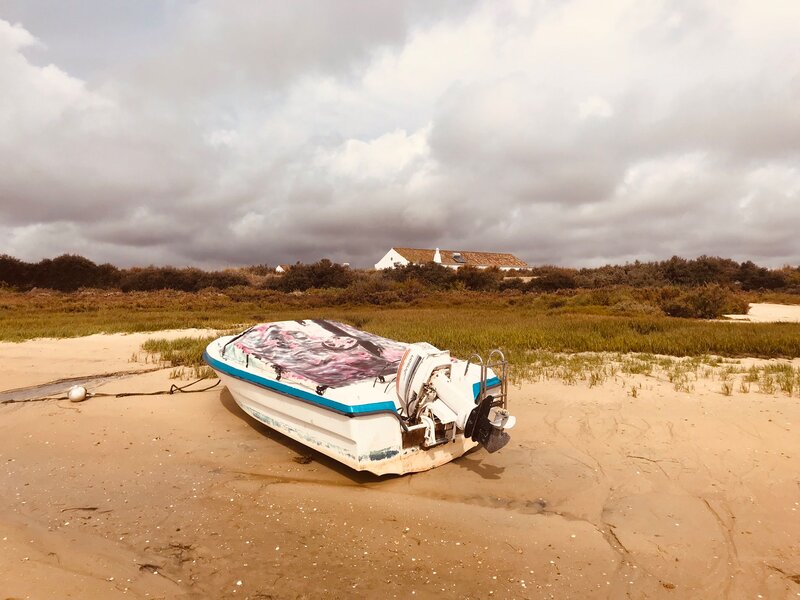2021/2022 final year project students
Our 2021/2022 final year project students work on a range of very different projects.
|
Molly Moore is working with Kat to better understand the distribution of transposable elements in amphibian genomes. She has selected a range of species in which she tests whether genomic TE content is aligned to ecological variables. For this she is further developing her bioinformatics skills gained in last year's computationally focused "Genetic Analysis" module.
|
|
Eleni Kammenou and Robert Griffin, supported by Adam, are working on applying LAMP (loop-mediated isothermal amplification) to assess gene expression downstream of TRPV1, which is an environmental stimulus receptor in many organisms. They have made good progress establishing this new technique in the lab.
(image: NEB) |
|
We are also hosting Sarah-Marie da Silva in the lab, who is interested in reptiles. With support from Ed, she is investigating what those geckos are that have been living for over 20 years in the Aquarium facility of the Hardy building. And have they perhaps even already adapted to their habitat?
|
2020/2021Final year project students: pandemic edition
|
This year's final year project students had it tough, with our lab being locked down from March to July 2020 for PhD students and until September 2020 for everyone else.
However, supported by Luana, Lauric and Vicky, students George Anderson, Claudio Silva de Freitas, and Jessica Robinson managed to collect and analyze some nice data on the behavioural response of suspended rope-farm mussels to pH change, and the developmental and immunological response of zebrafish embryos exposed to temperature stress or common plasticisers. We wish Claudio all the best for his MSc in Medical Genetics at Newcastle Uni, and Jessica already started working for the NHS as an undergraduate. |
2018/2019 and 2019/2020 Climate Change ecology
final year field research projects
During two field research trips to CCMar marine station in Faro, jointly with the ChemEcolHull lab, Portugal, students investigated the effect of changing seawater pH on the stress response and -communication in marine invertebrates.
In 2019, Hannah Drew and Lauren Angell investigated the response of shore crabs to pH shocks, and the response of naïve crabs to chemicals released by those that were pH-stressed. In 2020, supported by Lauric, we added to these experiments with more data on shore crabs, hermit crabs and marine ragworms collected by James Fagents, Angus Monaghan, Kirsty Rowland, Rebecca Nightingale and Saffiyah Skinner.
Besides having a nice time in Portugal, some of these students also helped write a peer-reviewed publication in Frontiers in Marine Science:
Feugere, L., Angell, L., Fagents, J., Nightingale, R., Rowland, K., Skinner, S., Hardege, J., Bartels-Hardege, H. and Wollenberg Valero, K.C., 2021. Behavioural Stress Propagation in Benthic Invertebrates Caused by Acute pH Drop-Induced Metabolites. Frontiers in Marine Science, 8: 773870.
www.frontiersin.org/articles/10.3389/fmars.2021.773870/full
In 2019, Hannah Drew and Lauren Angell investigated the response of shore crabs to pH shocks, and the response of naïve crabs to chemicals released by those that were pH-stressed. In 2020, supported by Lauric, we added to these experiments with more data on shore crabs, hermit crabs and marine ragworms collected by James Fagents, Angus Monaghan, Kirsty Rowland, Rebecca Nightingale and Saffiyah Skinner.
Besides having a nice time in Portugal, some of these students also helped write a peer-reviewed publication in Frontiers in Marine Science:
Feugere, L., Angell, L., Fagents, J., Nightingale, R., Rowland, K., Skinner, S., Hardege, J., Bartels-Hardege, H. and Wollenberg Valero, K.C., 2021. Behavioural Stress Propagation in Benthic Invertebrates Caused by Acute pH Drop-Induced Metabolites. Frontiers in Marine Science, 8: 773870.
www.frontiersin.org/articles/10.3389/fmars.2021.773870/full
... Other former project students haven't been added yet, but I will do so if I have the time - Kat ...

